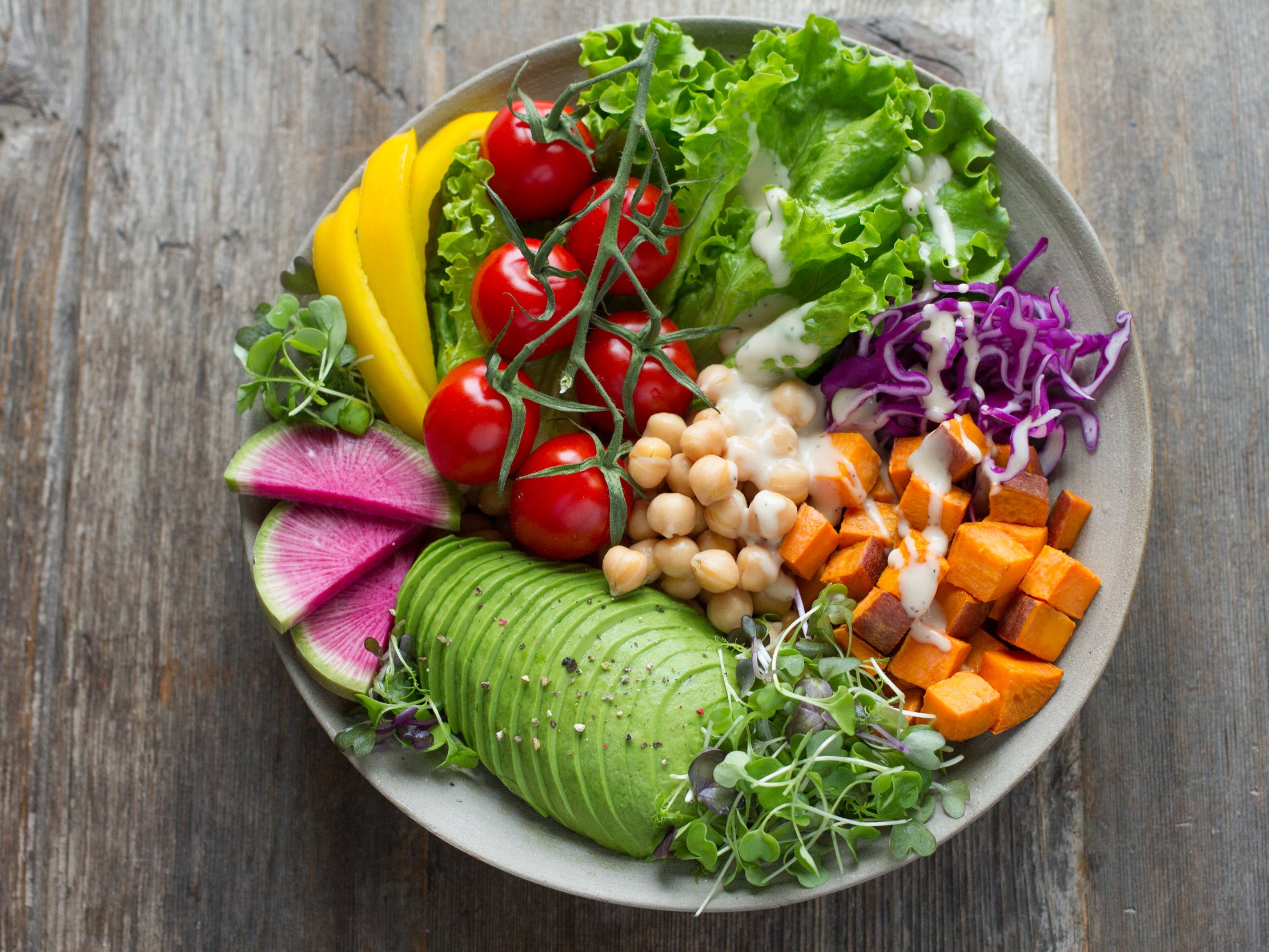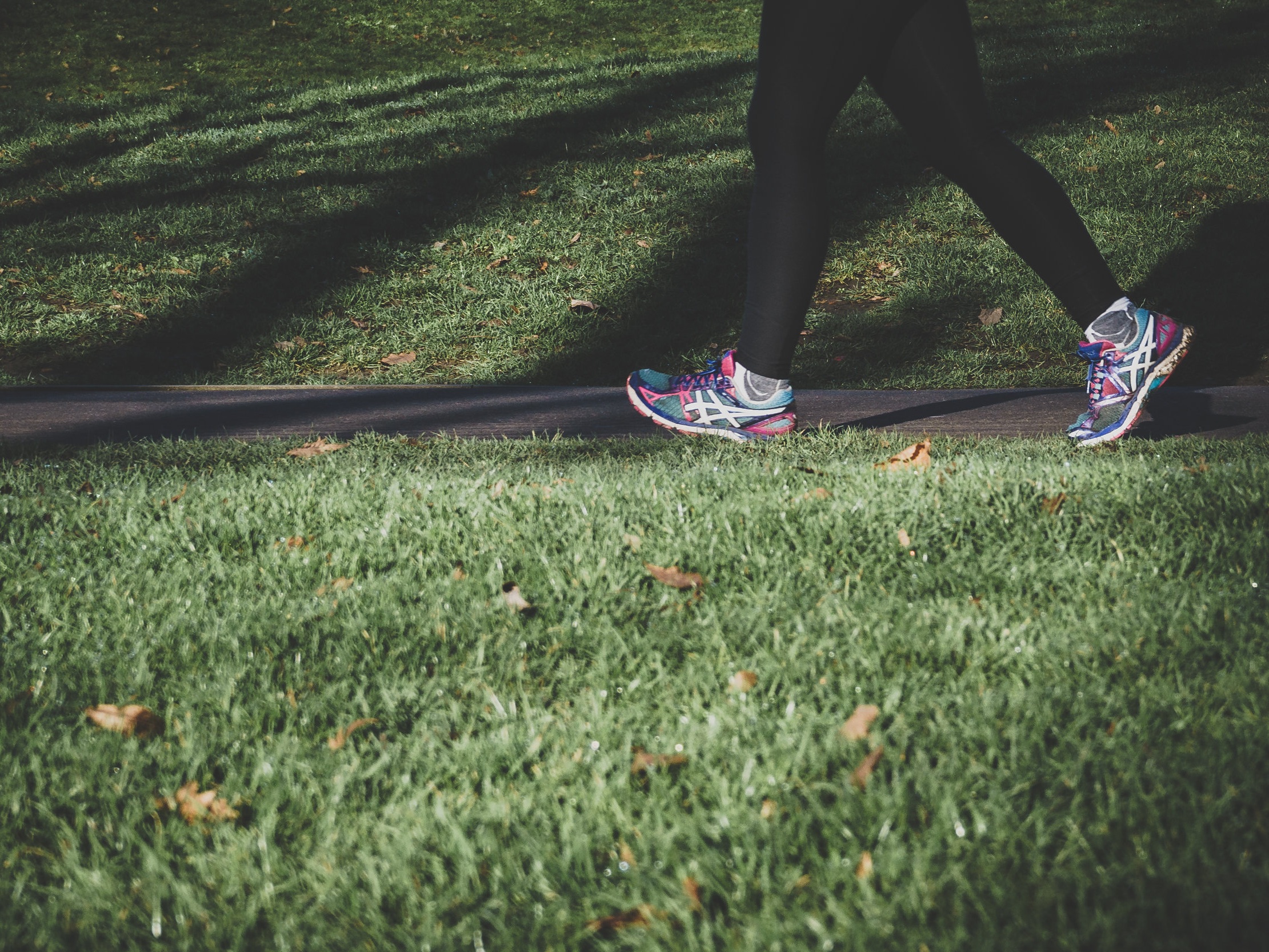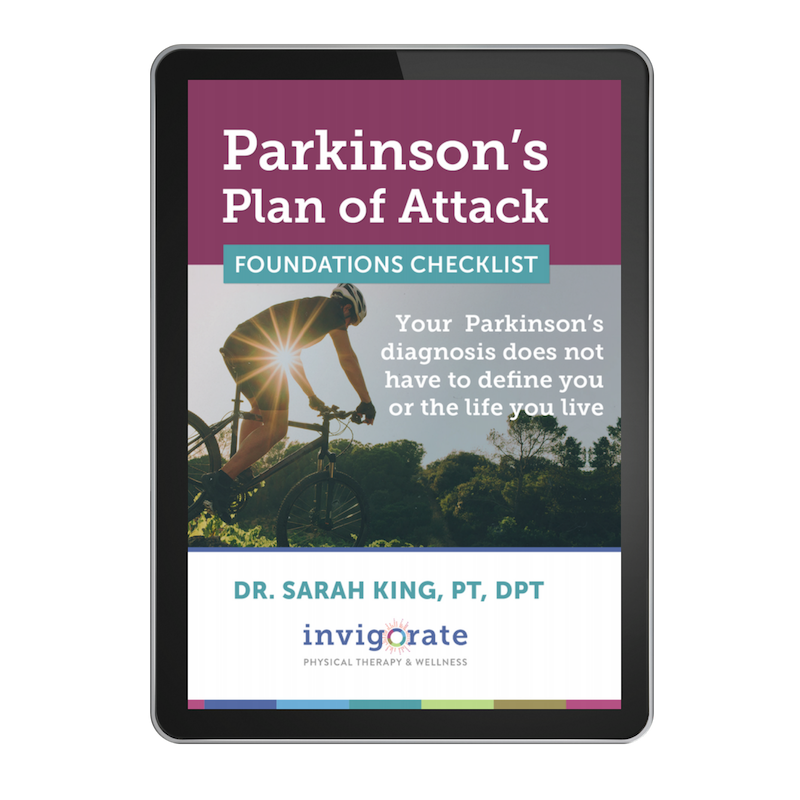Guest Post by Casey Farlow, The Brain Dietitian
Constipation is a very uncomfortable symptom of Parkinson’s disease and can significantly effect your quality of life.
According to a review in the International Review of Neurobiology, up to 63 percent of people with Parkinson’s disease experience constipation. Constipation is also recognized as a risk factor in developing Parkinson’s. Did you know constipated men are more than four times more likely to develop PD than those that have 2 or more bowel movements a day?!
Thankfully, I am here to tell you that it doesn’t have to be this way. Below I’ll share 6 natural ways to keep things moving so you don’t have to deal with the discomfort!
First, it’s important to understand the two main reasons WHY constipation is common in Parkinson’s:
Lower dopamine effects smooth muscle in your digestive tract
Because of PD’s effect on the autonomic nervous system, smooth muscle contraction throughout the digestive tract can be slowed. This slowing can cause a bit of a traffic jam in your digestive tract. Although this slowing can be a natural part of aging, it is more pronounced in those with Parkinson’s due to lower dopamine levels.
Medication side effects
Many medications used to treat PD can have constipation as a side effect. These include anticholinergic medications, such as trihexyphenidyl (brand name: Artane) and benztropine mesylate (brand name: Cogentin), and certain antidepressants.
What can we do about it?!
1. Drink up!
Getting enough water is essential to keeping things moving. One study looking at constipation and PD found those that were most constipated reported never feeling thirsty and having low water intake.
Even if you are not thirsty, you likely need to increase your intake.
To figure out how many ounces of water you should be getting, divide your weight in half and convert it into pounds and divide that figure (in pounds) by half to get your daily water intake in ounces.
For example, if your weight is 150 pounds, divide that by 2 to get a water intake of 75 ounces (oz).
2. Add in a fruit or veggie with every meal and snack
Fiber is extremely important to get things moving in your digestive tract. Not only does it feed your beneficial bacteria in your gut that help with mood and immunity, but it also creates more movement in your digestive tract to reduce the risk of a bowel backup.
3. Reduce stress
Due to the stress of modern day life, many of us are in “fight or flight” mode, which turns on our sympathetic nervous system. When your digestive system is in fight or flight, things just don’t run as smoothly!
By incorporating stress-reducing tactics, your body’s autonomic nervous system turns on, which brings you to a “rest and digest” state. When you are in “rest and digest,” you enhance your ability to move things along.
4. Take it slow
Make sure to chew food thoroughly and eat slowly to make it a little easier on your digestive system! Taking your time and enjoying your meal will also help your “rest and digest” mechanism in your autonomic nervous system.
Practice chewing your food a few more times before you swallow so that you can savor your food a little more while giving your digestive system a little helping hand.
5. Get some movement first thing in the morning
Any movement in your legs and abdomen helps improve circulation to get things moving!
Think about doing a little stretch or a short walk outside first thing in the morning. The sun will also improve your vitamin D levels and help regulate your circadian rhythms, both of which are essential in PD management.
The exercises in our free Parkinson’s Core Strength mini-series would be a great way to get things moving in the morning.
6. Try my two secret weapons against constipation*: Triphala and Magnesium Citrate
Triphala
Triphala is a mixture of three different types of berries that have been used in Ayurvedic medicine for centuries. Not only are the berries great for reducing inflammation and fight free radicals, but they also act as a natural laxative.
Dosage: Start with 500mg Triphala right before bedtime daily. If you need a little extra help, you can always increase your dose. It’s just crushed up berries, so it’s pretty impossible to overdose! However, taking too much may cause some tummy upset.
Magnesium Citrate
Magnesium citrate is one of my go-to supplements for constipation since it is effective and very well-tolerated. Magnesium citrate relaxes your bowels and pulls water into your intestines. The water helps soften and bulk up your stool, making it easier to pass.
Dosage: Liquid oral solutions without any other active ingredients may be best for treating constipation. Make sure to check the label for proper dosing instructions, since all oral formulas vary in concentration.
*Always remember to check with your doctor before starting any supplements!
Yours in good health,
Casey Farlow, MPH, RDN, CLT
The Brain Dietitian
Casey Farlow, MPH, RDN, CLT
Casey Farlow (aka "The Brain Dietitian") is a registered dietitian nutritionist with advanced training in functional medicine approaches to brain health. Through her virtual dietetic private practice, Theory Health, Casey works with clients around the world to optimize brain health using a scientific and holistic approach. Follow her on Instagram @the.brain.dietitian!
Invigorate Favorite:
The Squatty Potty ®
One very helpful tool to help ease elimination is this 7” foot stool that slides under your feet when you sit down on the toilet. It helps reduce strain by putting your body in a more natural position and letting gravity do the work.
Learn more about how The Squatty Potty works by visiting their website: https://www.squattypotty.com/






